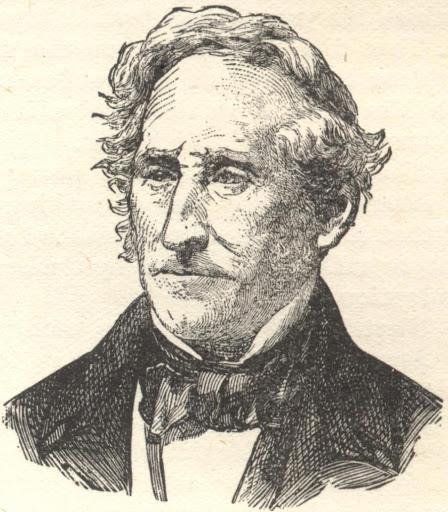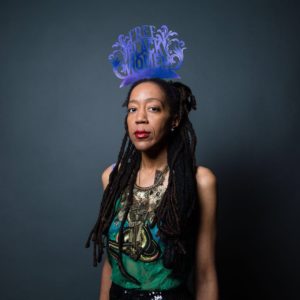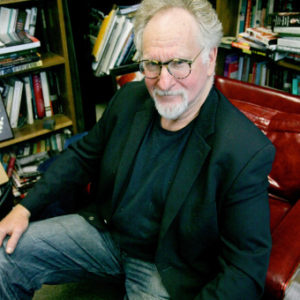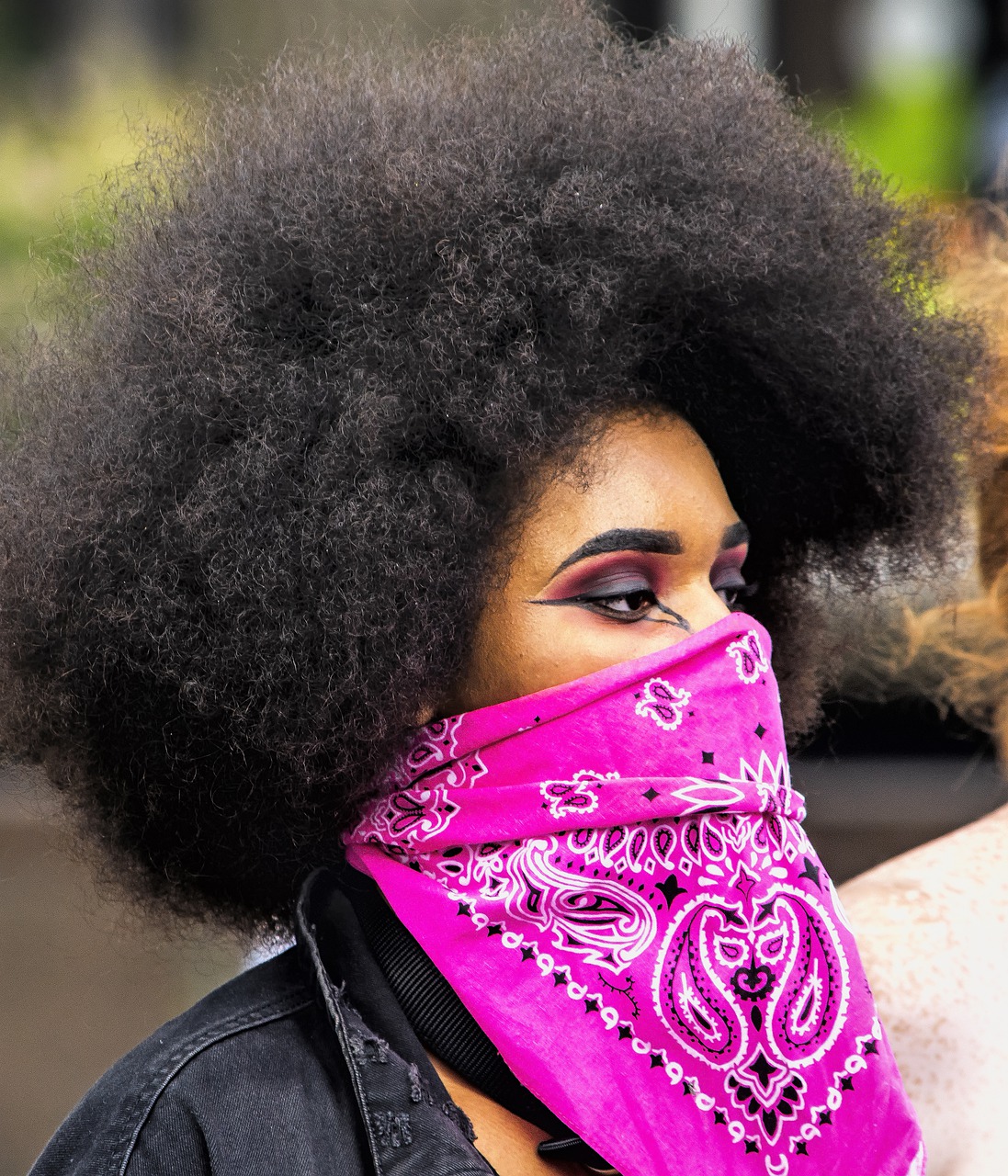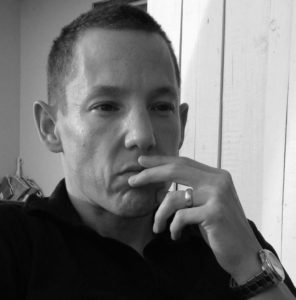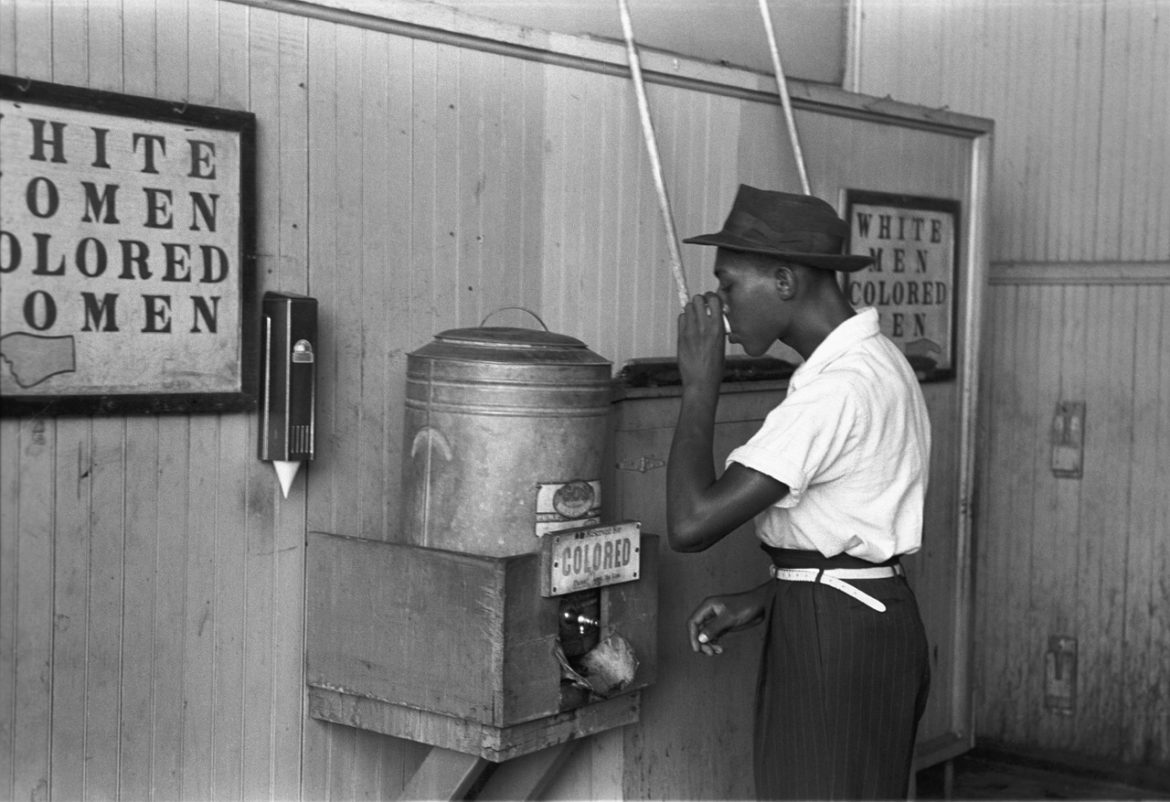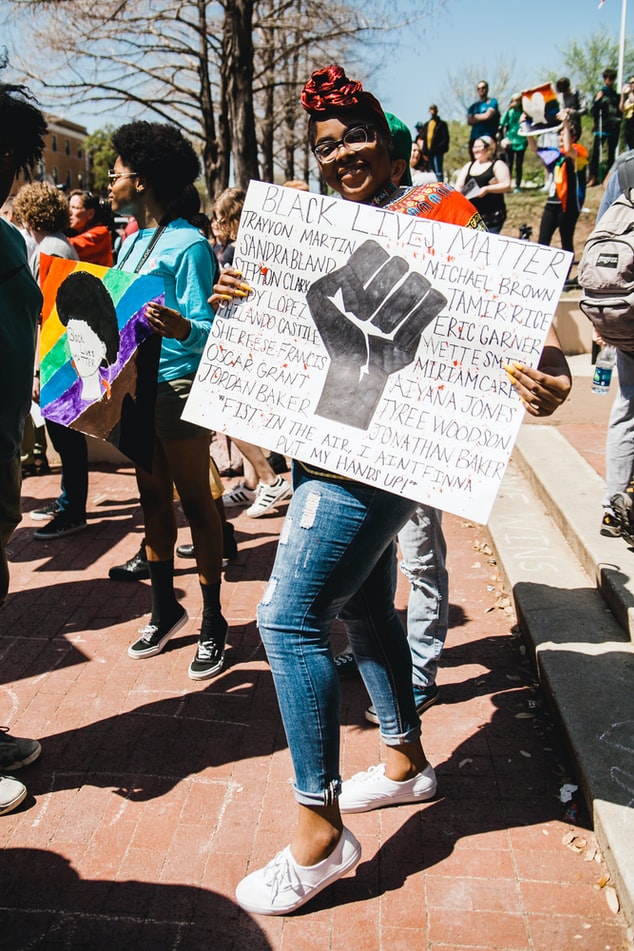By Ralph Armbruster-Sandoval (October 6, 2021)
Hispanic Heritage Month initially came into being in 1968 during the height of social unrest in the United States and around the world. 1968 was year that Chicanx high school students in East LA walked out of their classes to demand what we would call Chicana/o Studies today and that same year, more than five hundred people were killed in Mexico City who were pushing for democratic change in Mexico. 1968 was also the year of the Tet Offensive in Vietnam, the year that Dr. King and Senator Robert Kennedy were assassinated, and the year so many other things happened.
Hispanic Heritage Month starts on September 15, the day that many countries in Latin America became independent from Spain. However, while one form of imperialism ended, a new form of imperialism soon emerged, with the United States becoming a new imperial power in the region. The U.S. intervened regularly in Mexico, Nicaragua, Haiti, the Dominican Republic, and many other countries, toppling democratic governments for decades. Our role in these countries generated tremendous instability, prompting many to flee here where they once again mistreated. Despite systemic racism and widespread discrimination, “Hispanic” peoples, who are often Indigenous and Afro-Latinx, have organized, fought back, and demanded change. Those people–along with so many more, including my grand-grandparents, who left Mexico during the Revolution in the early 20th Century–have transformed the United States–they often sacrificed their lives so their children could have a better life. Those dreams have been elusive for many, but change has occurred and it continues, as Latinx people continue to demand dignity and respect in all social institutions.
How can people continue to listen to and amplify and honor Chicanx/Latinx and Hispanic voices?
Latinx voices are still marginalized in our popular culture–on television and in Hollywood. Despite some advances, most newsrooms, television shows, and films do not highlight Latinx voices and actors. Moreover, the publishing industry still does not publish enough books by Latinx authors, despite the fact that amazing writers such as Cherrie Moraga, Reyna Grande, Sandra Cisneros, Roberto Lovato and many others continue to release tremendous books that raise consciousness and awareness about the broader Latinx community.
One must therefore be diligent and seek these authors, writers, and actors out–they are doing amazing work, sometimes on platforms such as Hulu, Netflix, and other outlets, but they are out there. Once you find them, you can “spread the word,” as we used to say.
Professors like myself can include new and older Latinx authors in their class syllabi. We can also focus on iconic Chicana artists such as Yolanda Lopez who recently passed away and was most well-known for her work on decolonizing la Virgen de Guadalupe.
 Chicanx/Latinx voices do exist, but sometimes one must search hard to find them–and so once we do, we must talk about them with our students, family members, friends, and even strangers.
Chicanx/Latinx voices do exist, but sometimes one must search hard to find them–and so once we do, we must talk about them with our students, family members, friends, and even strangers.
Who are some Hispanic/Latinx leaders that I admire?
I will mention two here. I have always been inspired by Salvadoran Catholic Archbishop Oscar Romero. Romero became the leader of the Catholic Church in El Salvador in the late 1970s, just as the country was slipping into a violent, decade-long civil war. Monsenor Romero was installed as Archbishop because was a safe, apolitical choice; he was somebody who would not “rock the boat” or cause any waves. However, shortly after he became Archbishop, one of his closest friends was assassinated by a death squad who had ties to the military government and he started to speak out against repression and torture. Soon people were threatening to kill him, but Monsenor Romero said, “If I die, I will again in the Salvadoran people.” And he did–after he was assassinated in March 1980, his spirit moved people to seek out change in El Salvador and all around the world.

The second Latinx person who inspires me is Luisa Moreno. Moreno was a Guatemalan-born woman who was raised in an affluent family. She was also very light-skinned but had a transformation of sorts. She moved to Mexico City in the 1920s and then to New York City during the Depression in the 1930s. She became politicized and joined radical political organizations and labor unions. She once said, “One person cannot do anything; it’s only with others that things can be accomplished.” Moreno went on became very active in civil rights issues in Los Angeles, but the government targeted her as part of the Red Scare in the late 1940s and she was forced out of the country.

Moreno, along with other Chicana/Latina women, such as Lucy Parsons, Emma Tenayuca, Francisca Flores, Dolores Huerta, Antonia Fernandez, Magadalena Mora, Sylvia Rivera, and so many more inspire me as many of them struggled against all forms of injustice, namely, capitalism, racism, heterosexism, sexism, and imperialism.
Ralph Armbruster-Sandoval is Professor of Chicana and Chicano Studies at University of California, Santa Barbara.





